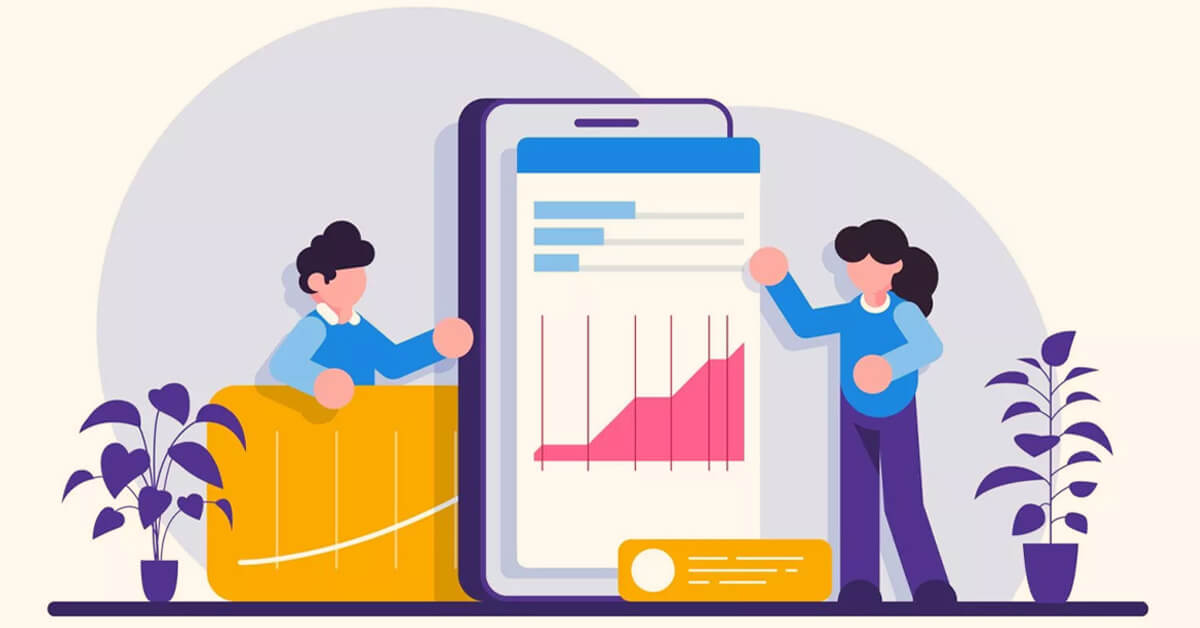Digital technologies have emerged to drastically change the marketing landscape. Automation, content, personalization and social channels now define how businesses connect with customers in an increasingly noisy world.
Social networks and channels keep proliferating as consumers spend more time online. New tools emerge all the time, assisting complicated tasks to basic ones like creating a website or delivering an email campaign. Just keeping up with the trends can be an overwhelming task. We are now in the age of automation, with chatbots, artificial intelligence, augmented reality (AR) and virtual reality (VR) as top strategies for reaching customers.
We asked marketers what they are focusing on as they plan their digital marketing ahead. Here are their top three priorities based on current trends:
Social Commerce
Social commerce is a branch of e-commerce in which merchants sell products through social media platforms, inviting would-be customers to interact with brands and browse goods. Social apps that enable social commerce include Instagram, Facebook, and Pinterest.
It is a new way for consumers to purchase products, with the entire shopping experience—from product discovery and research to check-out—taking place on social media platforms.
In 2020, the market for social commerce totals $89.4 billion, and it is projected to grow to $604.5 billion in seven years.
Video Marketing
One of the major platforms for video marketing, TikTok enables anyone to create videos that can go viral and reach thousands of users all over the world daily.
TikTok’s success with video-driven social media led Instagram to introduce its own video-related features, such as reels (first introduced in August 2020). Creators used video transitions and other related Instagram features in hopes of getting viral on the platform.
Cisco predicts that by 2022, videos will account for 82% of all online traffic. Videos are 53 times more likely to generate first-page search engine rankings than other SEO tactics. Today, 84% of consumers have been convinced to purchase a product after watching a video.
Artificial Intelligence
As artificial intelligence technologies improve, chatbots, virtual assistants, and other AI mechanisms will become increasingly common in digital marketing.
Artificial intelligence can help automate processes such as scheduling appointments and sending emails. Through customer data collection, it can analyze customers’ behavior patterns and make forecasts based on their recent actions.
In fact, AI is so popular right now that 61% of marketers say artificial intelligence is essential for their data strategy.
Conclusion
Many people say that marketing will be the main driver of digital developments, so these trends and innovations should be adopted to prepare for this future. However, there are many challenges ahead including security issues and legal regulations.

